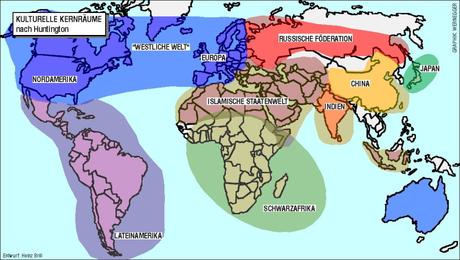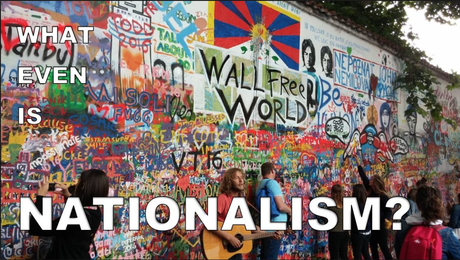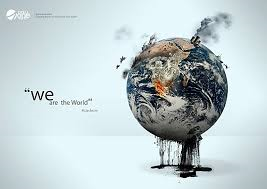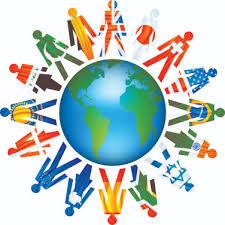We face global challenges, yet, we lack a functioning global community.
But is a global community the answer? Or is it better to abandon the idea of a global world? Yuval suggests that even if we are far from forming a harmonious community, we are all members of a global civilization.
The term civilization can be defined as an advanced state of human society, where a high level of science, government, culture, and industry has been reached. It is characterized by aspects such as urban development and a perceived separation from the natural environment.
It is easy to be negative about globalization and refer to the countless number of clashes of civilizations, for example, between Western and Islamic Civilisations. Yet, human groups have several distinct social systems, and these tend not to last forever. In fact, they seldom last for more than a couple of centuries, for example, the twentieth-century Germans formed several different systems (the Hohenzollern Empire, the Weimar Republic, the Third Reich, East Germany, and West Germany).

The signs of global civilization are, for example, that throughout the world people have similar views related to the matter, energy, space and time. If you are ill, you receive more or less the same treatment regardless of where you live. Doctors receive more or less the same education and they have learned the same scientific methods.
“So when you watch the Tokyo Games in 2020, remember that this seeming competition between nations actually represents an astonishing global agreement.”
The big challenges of the twenty-first century will be global in nature, for example, climate change, computers will outperform humans and biotechnology will make it possible for us to upgrade humans.

However, a nationalistic wave is sweeping across much of the world. How can we explain it? No one suggested that the move towards a global world would be easy. But is globalization going to solve our problems? Are we on the road to a civilization collapse? Or are modern civilizations different? Is the idea of a global civilization doomed to fail? Has the term civilization served its purpose? Can we replace it with something else? If yes, what should that term describe?
What is a European civilization? Is it anything that European make of it. And the same is true for Christianity, Islam, and Jewish. Any civilization is characterized by change and change is the defining characteristic. Yet, we often fail to see the changes, particularly if they are related to religious or political values.
Is it time to get rid of the idea that we are divided into nations where the members have irreconcilable ways to view the world.
The thinking challenge
The aim of this series of posts is to sketch possible thinking steps that might help us to get a solution or at least a direction for one of today’s urgent issues as identified by Yuval Noah Harari in the book 21 Lessons for the 21st Century (see the blog post Will our inventions make us irrelevant?).
The merger of infotech and biotech threatens the core modern values of liberty and equality. Any solution to the technological challenge has to involve global cooperation. But nationalism, religion, and culture divide humankind into hostile camps and make it very difficult to cooperate on a global level.
On one side, the great issues of this century – such as, for example, climate change and nuclear weapons – require a global community; on the other, immigration and nationalism form the basis of the defense mechanism of those threatened by globalization. We are far from forming a harmonious community but we are all members of a global civilization.
Approaches to the Thinking
The question of whether we can replace the concept of civilization with something else, points towards that we may be hindered by ¨Banging “the World” into Sorting Boxes¨.
1. What are the boxes here? You can use the concepts used in the text above, or your own statements or observations. The statements do not need to be connected. They are ¨parallel¨, for instance:

- Civilization
- Community
- Tribalism
- Modern society
- World Government
- …….
- ……
2. Now you have a Stratal: a set of five parallel statements about the contradiction between the problems a global civilization produces and a lack of a global community.
The purpose of the stratal is to sensitise the mind so that new ideas can come forward. Provoke ‘So what?’ thoughts about the relationship between those statements and the opportunities they might raise.
Don´t try to be comprehensive and to connect up to the layers. Think of the stratal like wetting parts of the paper before painting a watercolor. When you come to the wet parts the paint will flow and form its own patterns.

In the next post, we will show our thinking efforts. We wish you to allow new and creative lines of thinking.


